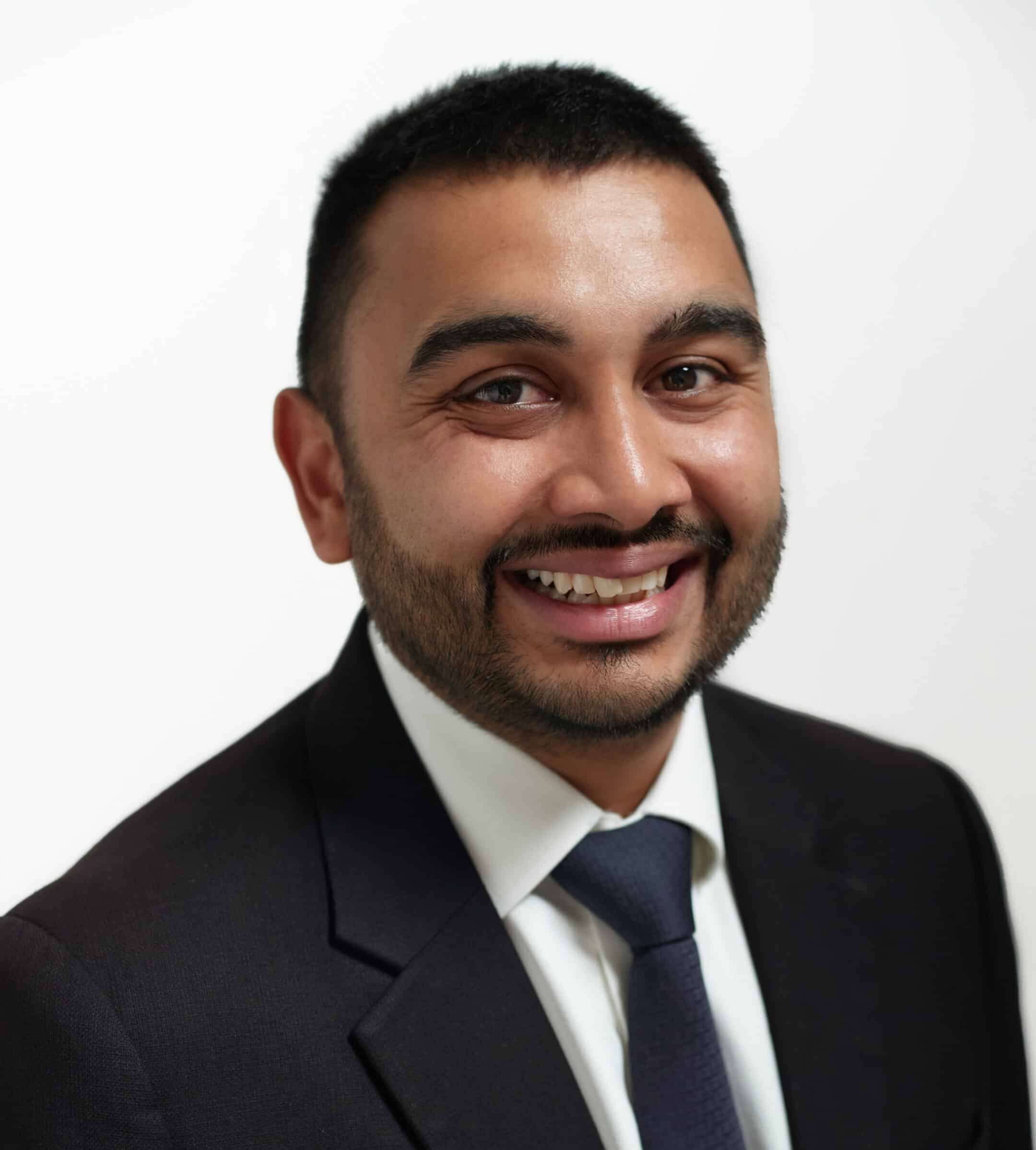In 2008, Parliament debated if police interrogations should be videotaped. It was suggested that by videotaping police interviews, any abuse of the accused persons by the police would be prevented.
In dismissing the need to have police interviews videotaped, Associate Professor Ho Peng Kee said that ‘videotaping the interview is not a foolproof solution if the concern is that confessions made by accused persons may not be voluntary’.
This is because he can allege that the threat was made, or that the inducement or promise was held out to him before the tape if it is an audio recording, or the video recorder was turned on. So the use of videotaping may make it even harder to disprove such allegations as they lend a veneer of respectability to the process.’
In Singapore, one of the ways statements are given to the police by an accused person can be thrown out is to convince the court that the said statements were given as a result of a threat, inducement or promise by the police officer.
While such threats, inducement or promise are easy to allege, in practice, accused persons and their lawyers find it hard to prove that their statements were given as a result of a threat, inducement or promise.
It is against this backdrop that we segue to state the law on threats, inducement and promise.
Threats, Inducement & Promise
The law on the operation of threat, inducement, promise and oppression in respect of voluntarism of statements made by accused persons is well settled.
First, there must objectively be a threat, inducement or promise. Secondly, this subjectively must operate on the mind of the accused.
On this note, any self-perceived inducement on the part of the accused person will not in law amount to an inducement or promise.
If a statement was given when the accused displays drug withdrawal symptoms would be involuntary if he is in a state of near delirium such that his mind did not go with the statement he was making.
Sometimes, while a police officer may not have threatened, induced or promised an accused person to make statements, he may have instead, oppressed the accused person to do so. With regards to oppression, such statements will be thrown out if the court is satisfied that the accused person’s free will had been sapped when making the statements to the police officer.
Cases on Threats Inducement & Promise and Oppression
In Yeo See How v PP 2 SLR 390, the accused person claimed that:
- he was feeling cold;
- he was not given medicine for his gastric pain; and
- he was hungry.
It was held that there was no necessity for the interrogators to remove all discomfort. On the contrary, some discomfort had to be expected. The issue was whether the discomfort was to such a great extent that it caused the making of an involuntary statement.
In PP v Tan Boon Tat SLR 375, the Court of Appeal ruled that even when an accused person was tired, hungry, and thirsty and under great stress, this was not sufficient to amount to oppression unless he was in such a state that he had no will to resist making the statement.
In Ong Seng Hwee v PP 4 SLR 181, the accused person claimed that he was given little to eat and was not feeling well and under medication, at the time the statement was recorded from him.
It was held that the relevant inquiry was whether the circumstances prevailing at the time of the recording of the statement were such that the accused person’s free will was sapped and he could not resist making the statement. It was held that the evidence suggested that the appellant was perfectly alert and lucid, albeit tired. The circumstances hardly came close to establishing the requisite weakening of the appellant’s free will that would render the statement involuntary.
How we can help
At I.R.B Law LLP we have experienced Criminal Litigation Lawyers who are passionate about justice and fairness. Our lawyers will be able to guide you through Singapore’s Criminal Justice System and each and every stage of the proceedings. We firmly believe that everyone should be entitled to a second chance and be allowed the opportunity to turn over a new leaf and live life anew.
Should you be in a position where you may need our assistance, please do not hesitate and contact us at Hello@irblaw.com.sg or call us at +65 6298 2537 so that we can advise you on your matter.





